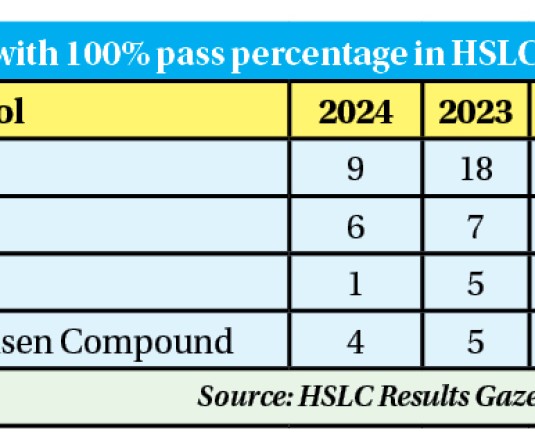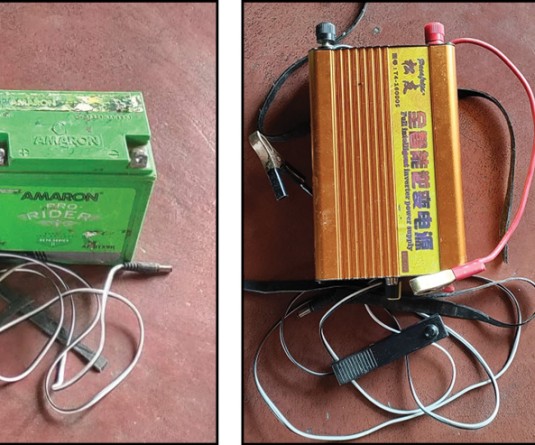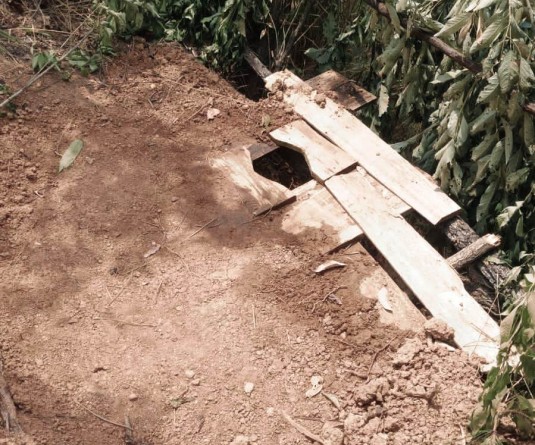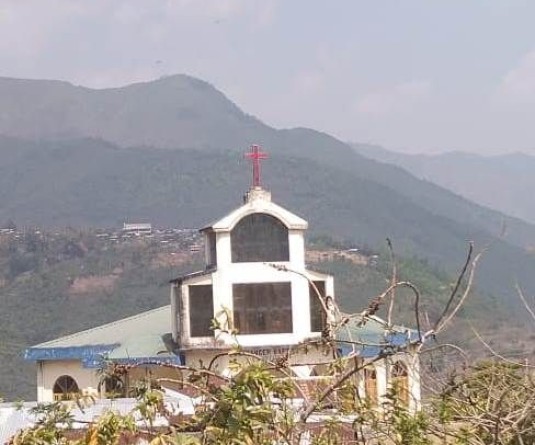
Moa Jamir
Dimapur | July 11
“Policy making has been monopolized by the elite class, and even where the policy is suitable for the common good, the system has been hijacked by the entrenched vested interests so much so that nepotism and back door appointments, rather than merit, has become the norm of the day.”
This is the foremost issue, besides corruption, that needs to be addressed before embarking on a ‘vision’ mission for Nagaland. This was expressed by a broad spectrum of young bureaucrats and professionals consulted by The Morung Express.
The process for an exclusive ‘Nagaland Vision 2030’ document was set rolling on June 6 with the launching of a website, Facebook account, Whatsapp and email address for the public to share opinions on issues to be included in the document.
An expert group of secretaries headed by former Chief Secretary, Alemtemshi Jamir, has been constituted to carry forward the vision document, which aims to be inclusive by soliciting views from all sections of society.
Incidentally, Nagaland was a pioneer in bringing out the State Human Development Report in 2004, including a chapter called ‘Vision 2020.’ However, it can’t be denied that almost all the objectives envisioned in the documents remain ‘unfulfilled’ or underachieved.
Present policy maladies
In an editorial piece for The Morung Express, Dr. Asangba Tzüdir noted, “As Nagaland prepares the Vision 2030 plan, the begging question is what we have achieved from the Vision 2020 plan, and where we are today and what should be our way forward.”
He goes on to say that currently no sector in Nagaland escapes the need for urgent attention considering the mess, beginning with State politics to issues of (mis)governance to infrastructure and human resource development to provision of services.
“The Vision document is a welcome move in the light of increasing social and economic differentiation within Naga society where the elite political class and non- state actor are filching the larger share of the pie, with the common public increasingly marginalized,” a young Naga central government officer, who does not wished to be named, stated. Further, every kind of policy, be it from the declaration of road shows to development policies, are so detached from ground reality of the majority that it has resulted in trust deficit, he added.
Many felt that while several schemes and policies exist, often information is not properly conveyed at the grassroots level, ultimately leading to corruption as well as mis-governance.
An NCS Officer (who did not wish to be named) said the numerous seminars, employment skills trainings, foreign exposure tours, road shows, etc that mark the activities of the State Government are “superficial” and, therefore, do not beget any fruit.
Dejectedly, the government in not known to afford priority to where it is needed - for instance the health and education sector, or basic needs like road, power and water supply, which are found wanting in most of Nagaland State.
Governance and transparency is another issue closely related to development. Dr. Longri Kichu, associated with the World Health Organization, pointed out, “We can plan, talk, discuss and dream but unless we are serious about tackling corruption at all levels (as cliché as it sounds), 2030 will be worse than 2016.”
The foremost task, a young officer in the Home Department, said, must be to include “how to effectively prevent corruption at the government department level.”
The young officer elaborated, “Every year a few hundred crores are being embezzled by government department officers without the knowledge of common people. My concern is if we can formulate checks and balances to plug this leakage.”
For this, a mechanism must be in place to check correction at all levels. In a ‘policy paper’ for The Morung Express, Vyasan R, a Nagaland cadre IAS officer, argued that as the government is the largest player in many sectors, to achieve any goals set in the Vision 2030 document, improvement in governance is pertinent and vital.
From agriculture and horticulture to education and health, the presence of government is pervasive in Nagaland but does not necessarily translate to good governance, thus it needs enhancement, he elaborated.
“Keeping in mind the current cornucopia of problems and issues, the vision plan should be based on an ‘out of the box’ approach and focus on the realm of possibilities in translating this working vision into reality,” Tzudir suggested.
(With inputs from Vishu Rita Krocha)





